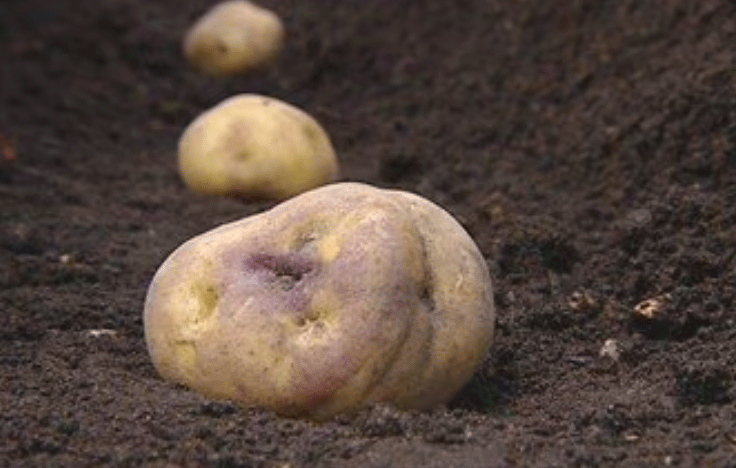In Brazil, locally developed potato varieties are gaining ground as they offer significant advantages in adapting to the country’s climate and soils. The collaboration between the Centro de Assistência Técnica Integral (Cati) and the Instituto Agronômico (IAC) is paving the way for increased productivity among small-scale farmers, with a strong focus on family agriculture and organic production. This partnership is part of a broader effort to reduce reliance on imported potato varieties, while offering sustainable solutions that benefit both the environment and local communities.
A Decade of Research Yields Results
The potato varieties being championed today are the result of over a decade of research, based on a germplasm bank dating back to the 1970s. The research involves cross-breeding native Peruvian potato varieties with popular imported varieties. The goal has been to develop disease-resistant potatoes that can thrive in Brazilian soils and climates, while still meeting the market demands for appearance, flavor, and quality.
The Centro Regional de Pesquisa de Itararé, in São Paulo, has played a pivotal role in this initiative. By focusing on family farming, the new varieties are designed to cater to short supply chains such as local markets, farmers’ fairs, and school lunch programs. This reduces transportation costs and supports the “zero-kilometer” initiative, which prioritizes food production that originates within local communities.
Success Stories from Family Farms
One of the standout examples of this agricultural revolution comes from Sítio Tia Ana, located in Botucatu, São Paulo. Farmer Márcio Alexandre Cequinato Bassetto, primarily a vegetable producer, saw an opportunity after receiving technical advice from agronomists at Cati Regional Botucatu. Agronomist Flávio Chueire introduced Bassetto to national potato varieties developed by IAC, which are particularly well-suited for organic farming systems.
Encouraged by initial success in 2023, Bassetto expanded his potato-growing area. The results exceeded expectations, with high yields and superior quality. This success led to contracts with local schools through the Programa Nacional de Alimentação Escolar (PNAE), delivering healthy, organic potatoes to students.
Bassetto’s story highlights a broader trend: many farmers are turning to national varieties not only for the economic benefits but also because they are resistant to major diseases, reducing the need for chemical pesticides. This shift towards sustainable agriculture benefits producers, consumers, and the environment.
Reducing Pesticide Use and Supporting Organic Farming
One of the key advantages of these new varieties is their resistance to pests and diseases, such as foliar diseases, which are common in potato farming. Traditional imported varieties often require up to 30 pesticide treatments during the growing cycle, which increases costs and impacts the environment. By contrast, the national varieties developed by IAC allow farmers to reduce or even eliminate the use of pesticides, especially in organic farming systems.
This aligns with Brazil’s growing interest in organic production, particularly within the framework of family farming. With a lower cost of inputs and reduced environmental impact, these new potato varieties are supporting a more sustainable agricultural model.
Potatoes in School Lunch Programs: A Healthy and Sustainable Choice
The adoption of national potato varieties is also having a significant impact on public nutrition. For example, Márcio Bassetto recently delivered 500 kg of the IAC variety Axel to the school lunch program in São Manuel. These potatoes, grown organically, are a versatile and nutritious option for school lunches, and their local production ensures fresher, healthier meals for students.
Tatiane Fátima de Oliveira, a nutritionist at the São Manuel municipality, noted that potatoes are a regular part of the school menu, served at least twice a week. The use of locally grown, organic potatoes not only promotes good health but also supports local farmers, creating a sustainable cycle of production and consumption.
Varieties with New Market Potential
In addition to the popular Axel variety, IAC has developed colorful potato varieties, with white, yellow, cream, and even purple flesh. These varieties are being positioned for gourmet markets and culinary use, offering farmers new avenues for income diversification.
The rise of national potato varieties in Brazil is transforming family farming and organic agriculture. By reducing the need for chemical inputs, supporting local economies, and promoting sustainable practices, these varieties are creating a brighter future for small-scale farmers. The partnership between Cati and IAC exemplifies how targeted research and innovation can benefit both producers and consumers, ensuring healthier, more sustainable food systems.







